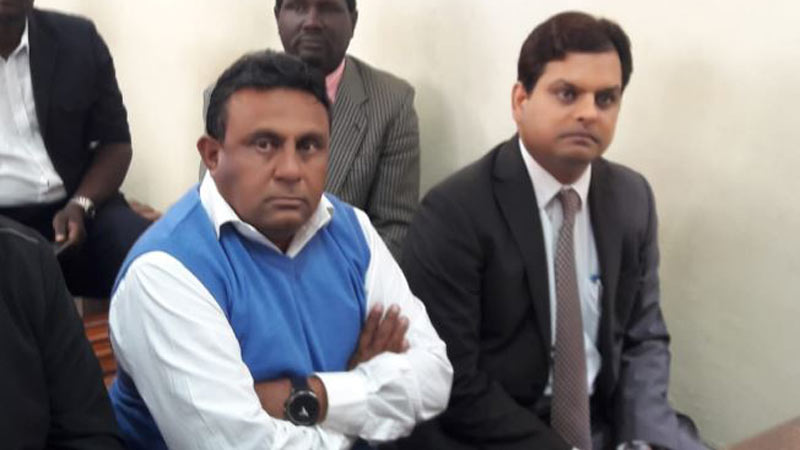×
The Standard e-Paper
Home To Bold Columnists

Ten days ago, Nakuru County Commissioner, Joshua Nkanatha, convened a meeting in Solai, Nakuru, of the victims of the recent dam tragedy.
The victims had been told the meeting would be for the government to give them a cash token, towards helping them get back their lives which had so pugnaciously been disrupted by the bursting dam.